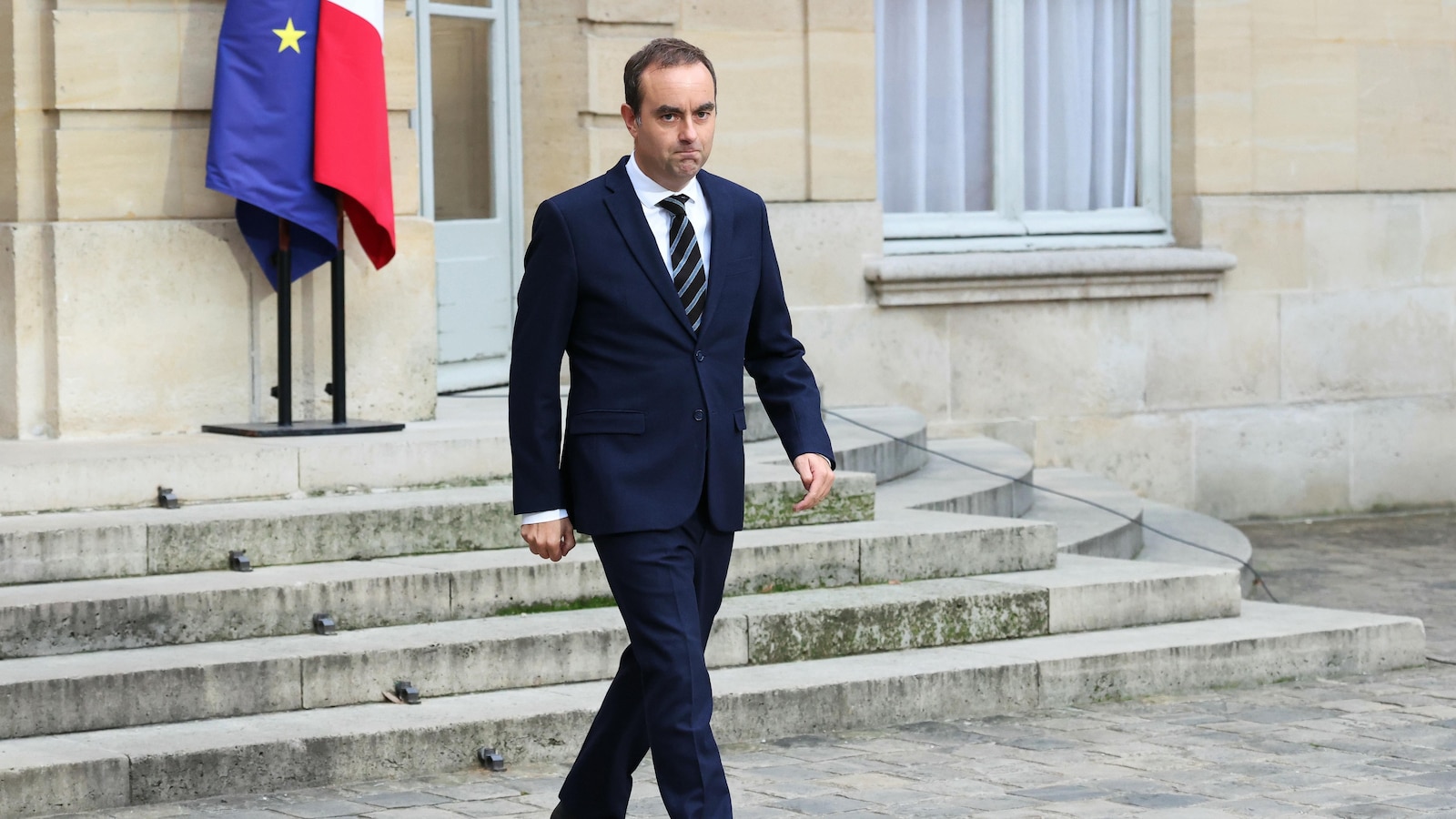In a bombshell development that’s rattling Europe’s political landscape, French Prime Minister Sébastien Lecornu has abruptly resigned, less than 24 hours after unveiling his new cabinet. This unprecedented collapse, dubbed the shortest-lived government in modern French history, leaves President Emmanuel Macron scrambling for stability amid deepening French Prime Minister resignation chaos.
The resignation, announced early Monday from the Élysée Palace, stems from fierce backlash over Lecornu’s cabinet choices, which alienated both allies and opponents in France’s fractured parliament. Appointed on September 9, 2025, as Macron’s fifth prime minister in just two years, Lecornu lasted only 27 days—far short of the two weeks some early reports speculated, but emblematic of the Lecornu resigns turmoil gripping the nation. Critics from the far-left and conservative blocs slammed the lineup as a recycled roster of holdovers, failing to bridge the divides left by last year’s inconclusive legislative elections.
Lecornu himself cited “intransigence across the political spectrum” in his brief statement, lamenting that “each party wanted the other to adopt its entire program” without compromise. The move came as France teeters on the edge of a budget crisis, with parliament set to debate a 2026 fiscal plan that could balloon the deficit beyond EU limits. Macron swiftly accepted the resignation, but no successor has been named, fueling speculation of snap elections or another technocratic appointment.
This isn’t France’s first brush with governmental gridlock. The 2024 snap elections delivered a hung parliament, empowering a left-wing alliance, Macron’s centrists, and a resurgent far-right National Rally in a tense standoff. Lecornu’s predecessor, a caretaker figure, barely held things together before this latest implosion. Political analysts point to Macron’s waning influence—his approval ratings hover around 30%—as a key factor in the France political crisis.
Public reactions poured in swiftly on social media, with users expressing a mix of exasperation and dark humor. One viral post quipped, “French governments change faster than the weather in Paris,” while others decried the “endless circus” eroding trust in democracy. Opposition leaders didn’t hold back: Far-left firebrand Jean-Luc Mélenchon called for an immediate impeachment motion against Macron, backed by over 100 MPs, while conservative voices labeled the cabinet “more of the same stale recipe.” Even Macron’s own coalition partners fumed, with one anonymous source telling Reuters the lineup “betrayed our shared vision.”
Experts weigh in on the fallout. “This resignation underscores the paralysis plaguing France since the elections,” said Claire Demesmay, a senior fellow at the German Council on Foreign Relations. “Without a stable majority, Macron’s hands are tied, risking economic stagnation and EU-wide ripples.” French newspapers echoed the sentiment, with Le Monde headlining it a “government that lasted a day,” and Libération warning of “democratic fatigue” among voters.
For American readers, the Macron government collapse carries tangible stakes. France, a cornerstone NATO ally, is pivotal in countering Russian aggression in Ukraine—instability here could strain U.S.-led security pacts and divert resources from shared priorities. Economically, France’s woes threaten the eurozone’s health; a prolonged budget standoff might hike borrowing costs, indirectly jacking up prices for U.S. imports like wine, luxury goods, and Airbus parts that fuel American jobs in aviation and retail. Politically, it offers a cautionary tale for Washington: In an era of polarized legislatures, can leaders forge coalitions without total dominance? Tech enthusiasts might note delays in France’s AI regulations, potentially slowing transatlantic data standards that protect U.S. firms like Google and Meta. Even sports fans feel the pinch—France’s Olympic glow from Paris 2024 fades amid domestic drama, possibly denting U.S.-French cultural exchanges.
As Paris navigates this French government collapse, the focus shifts to Macron’s next play. Will he pivot to a cross-party unity cabinet, or risk further elections that could empower extremists? The coming days will test the resilience of Europe’s second-largest economy.
In summary, Lecornu’s swift exit amplifies France’s French Prime Minister resignation woes, spotlighting the Lecornu resigns saga, France political crisis, Macron government collapse, and French government collapse as harbingers of broader instability. With no quick fix in sight, observers predict months of uncertainty, but history shows France’s institutions have weathered worse—though at what cost to its global standing?
By Sam Michael
Follow and subscribe to us for push notifications and stay ahead of the news curve.
